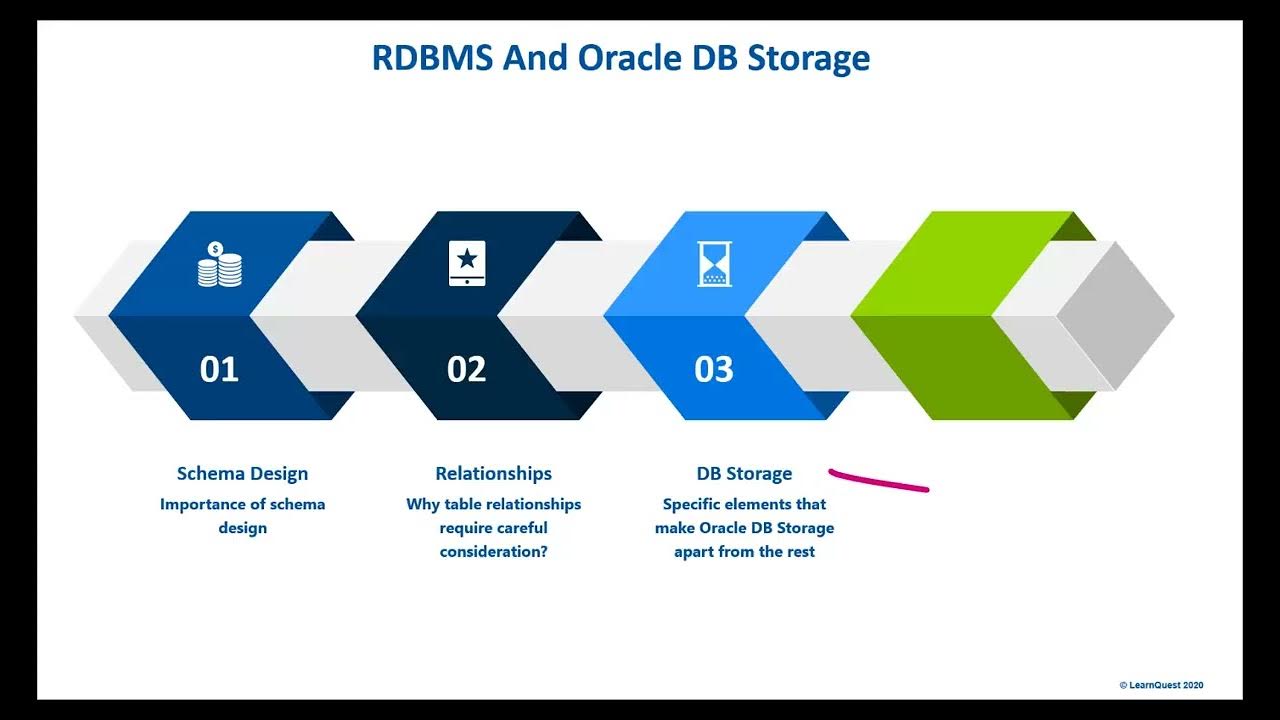JavaScript IN MySQL DATABASE????
Summary
TLDRIn a humorous and critical discussion, the speakers express their concerns about Oracle's recent introduction of JavaScript support in its MySQL database. They explore the implications of integrating JavaScript into stored procedures, weighing the potential benefits of reduced latency against fears of vendor lock-in and increased complexity. The conversation also reflects on the challenges of learning SQL compared to JavaScript, while pondering the future of programming languages and database management. Ultimately, the speakers remain skeptical about the long-term effectiveness and practicality of this integration, highlighting the mixed feelings within the developer community.
Takeaways
- 😀 Oracle's MySQL database now supports JavaScript functions and procedures, which can lead to complex data processing directly within the database.
- 😀 The integration of JavaScript is seen as a double-edged sword, offering both performance benefits and potential for increased complexity.
- 😀 Stored procedures are being re-evaluated; while they can reduce latency and network overhead, they may complicate development processes.
- 😀 There's a growing trend towards serverless architectures and a preference for TypeScript among web developers, influencing the push for JavaScript in databases.
- 😀 The introduction of JavaScript in databases could lead to vendor lock-in and a reliance on specific frameworks or ecosystems.
- 😀 Developers may benefit from JavaScript's accessibility, allowing a broader range of talent to work on backend systems.
- 😀 The complexity and expressiveness of programming languages can impact the maintainability and understandability of database logic.
- 😀 Concerns were raised about the difficulty of learning SQL compared to the more familiar JavaScript, emphasizing the need for better educational resources.
- 😀 The performance of JavaScript in MySQL relies on a custom-built VM optimized for database operations, enhancing end-to-end performance.
- 😀 The community response to JavaScript integration in MySQL has been mixed, highlighting both interest and skepticism about its long-term implications.
Q & A
What recent announcement did Oracle make regarding MySQL?
-Oracle announced that MySQL now supports JavaScript functions and procedures, allowing developers to implement advanced data processing logic directly in the database.
What are some potential benefits of using JavaScript in MySQL databases?
-Benefits include minimizing data movement between the database server and client application, reducing latency, and lowering network overhead costs.
How might the introduction of JavaScript in MySQL impact developer productivity?
-It could improve productivity by allowing more developers, familiar with JavaScript, to write stored programs, leveraging a broader skill set.
What concerns do the speakers express about using stored procedures?
-They worry that stored procedures can lead to complexity, vendor lock-in, and may not provide the performance benefits expected over time.
What is the potential downside of increased expressiveness in a programming language for database tasks?
-Increased expressiveness can lead to more complex and potentially less maintainable code, making debugging and updates more challenging.
What alternative programming language do the speakers suggest might have been better than JavaScript for this use case?
-The speakers suggest that Lua might have been a better choice, as its simplicity can prevent overly complex code.
What use cases did Oracle highlight for the new JavaScript feature?
-Use cases include data extraction, data formatting, approximate search, data validation, compression, encoding, and data transformation.
How does the new JavaScript support relate to the trend of serverless architectures?
-The support aims to facilitate serverless database interactions, allowing developers to stay within the JavaScript ecosystem without needing to learn additional languages.
What was the overall sentiment expressed by the speakers regarding the integration of JavaScript into MySQL?
-The sentiment was mixed; while there was recognition of potential benefits, there was also significant skepticism about the complexity and long-term implications of using JavaScript for database programming.
What did the speakers mention about the community's response to the new feature?
-The community generally received the announcement favorably, highlighting the practical use cases and the convenience of integrating JavaScript into existing workflows.
Outlines

This section is available to paid users only. Please upgrade to access this part.
Upgrade NowMindmap

This section is available to paid users only. Please upgrade to access this part.
Upgrade NowKeywords

This section is available to paid users only. Please upgrade to access this part.
Upgrade NowHighlights

This section is available to paid users only. Please upgrade to access this part.
Upgrade NowTranscripts

This section is available to paid users only. Please upgrade to access this part.
Upgrade Now5.0 / 5 (0 votes)





